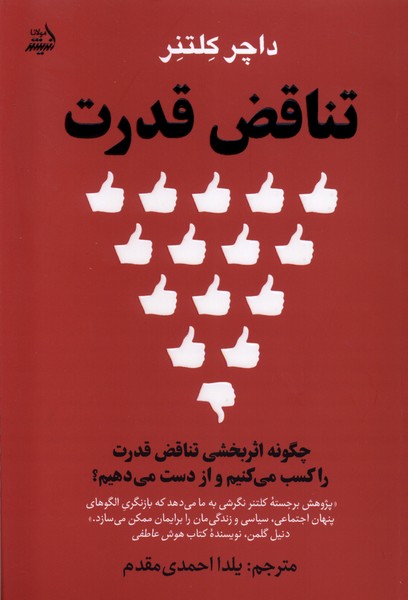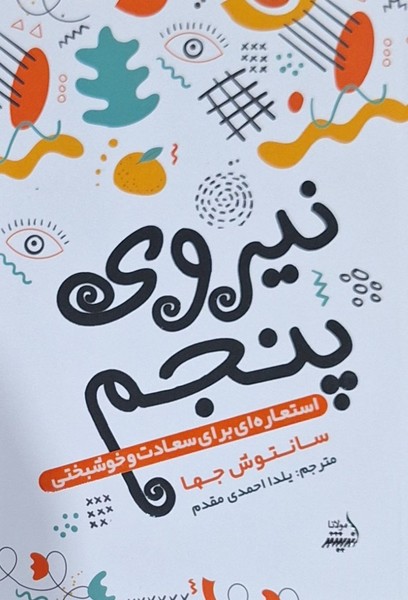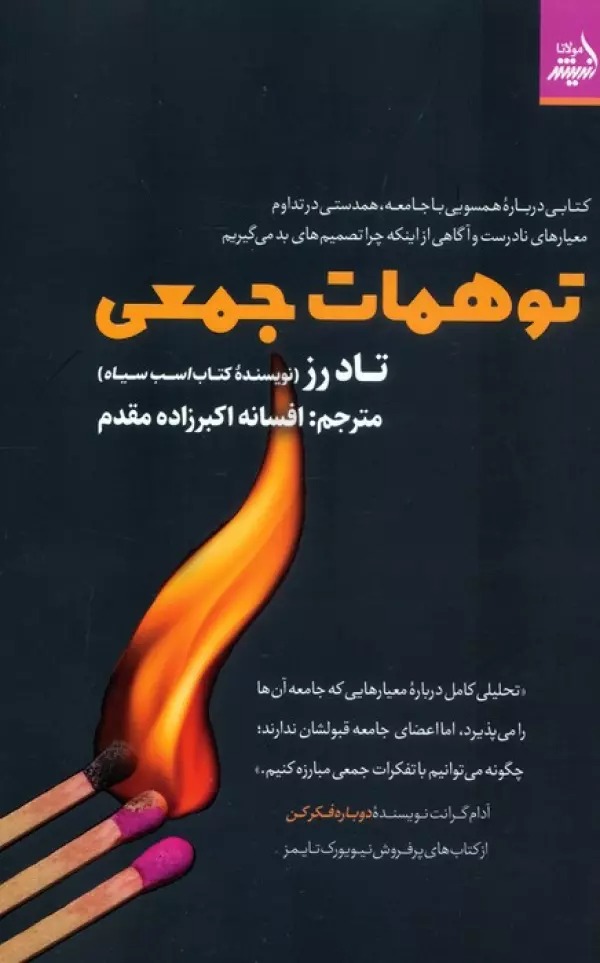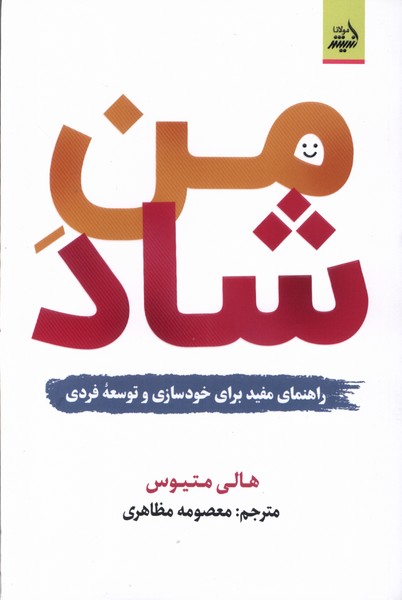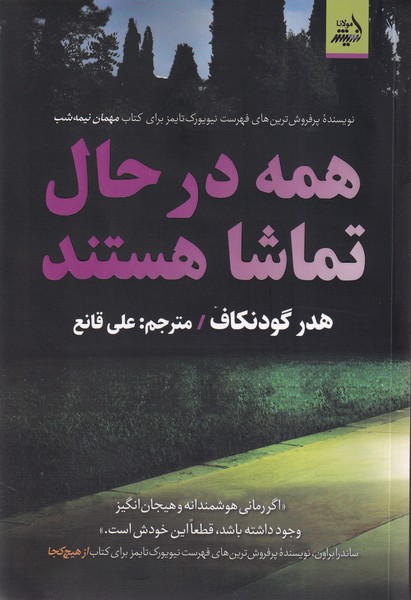تناقض قدرت الفارسية 1445
Tanāquz̤-i Qudrat
20٫26 $
مشاركة
Wishlist
العنوان الأصلي:
The Power Paradox: How We Gain and Lose Influence
ISBN رقم:
9786228080062
المترجم:
Yaldā Aḥmadī Muqaddam
الناشر:
Andishih Mawlana
الفئة العمرية:
البالغون
الصفحات:
175
الوزن:
115 g
أبعاد المنتج:
14 x 21 x 1 cm
غلاف الكتاب:
غلاف ورقی
A revolutionary and timely reconsideration of everything we know about power. Celebrated UC Berkeley psychologist Dr. Dacher Keltner argues that compassion and selflessness enable us to have the most influence over others and the result is power as a force for good in the world.
It is taken for granted that power corrupts. This is reinforced culturally by everything from Machiavelli to contemporary politics. But how do we get power? And how does it change our behavior? So often, despite our best intentions, we lose our hard-won power. Enduring power comes from empathy and giving. Above all, power is given to us by other people. This is what all-too-often we forget, and what Dr. Keltner sets straight. This is the crux of the power paradox: by fundamentally misunderstanding the behaviors that helped us to gain power in the first place we set ourselves up to fall from power. We can't retain power because we've never understood it correctly, until now. Power isn't the capacity to act in cruel and uncaring ways; it is the ability to do good for others, expressed in daily life, and itself a good thing.
Dr. Keltner lays out exactly--in twenty original "Power Principles"-- how to retain power, why power can be a demonstrably good thing and the terrible consequences of letting those around us languish in powerlessness.
more
بازنگری انقلابی و به موقع در مورد هر آنچه در مورد قدرت می دانیم. دکتر داچر کلتنر، روانشناس مشهور دانشگاه کالیفرنیا برکلی، استدلال میکند که شفقت و از خودگذشتگی ما را قادر میسازد تا بیشترین تأثیر را بر دیگران داشته باشیم و نتیجه آن قدرت به عنوان نیرویی برای خیر در جهان است.
بدیهی تلقی می شود که قدرت فساد می کند. این از نظر فرهنگی توسط همه چیز از ماکیاولی گرفته تا سیاست معاصر تقویت شده است. اما چگونه به قدرت برسیم؟ و چگونه رفتار ما را تغییر می دهد؟ بنابراین اغلب، علی رغم بهترین نیت هایمان، قدرتی که به سختی به دست آورده ایم را از دست می دهیم. قدرت پایدار از همدلی و بخشش می آید. مهمتر از همه، قدرت توسط افراد دیگر به ما داده می شود. این چیزی است که ما اغلب فراموش می کنیم و دکتر کلتنر آن را درست می کند. این اصل پارادوکس قدرت است: با درک نادرست رفتارهایی که در وهله اول به ما کمک کرد قدرت را بدست آوریم، خود را برای سقوط از قدرت آماده کردیم. ما نمیتوانیم قدرت را حفظ کنیم، زیرا هرگز آن را به درستی درک نکردهایم. قدرت این نیست که بخواهیم به شیوه های بی رحمانه و بی رحمانه عمل کنیم. این توانایی انجام خوبی برای دیگران است که در زندگی روزمره بیان می شود و خود یک چیز خوب است.
دکتر کللنر دقیقاً بیان می کند-در بیست "اصل قدرت" اصلی-چگونه می توان قدرت را حفظ کرد ، چرا قدرت می تواند یک چیز کاملاً خوب باشد و عواقب وحشتناک اجازه می دهد افراد اطراف ما در بی قدرت بی پروا باشند.
more

